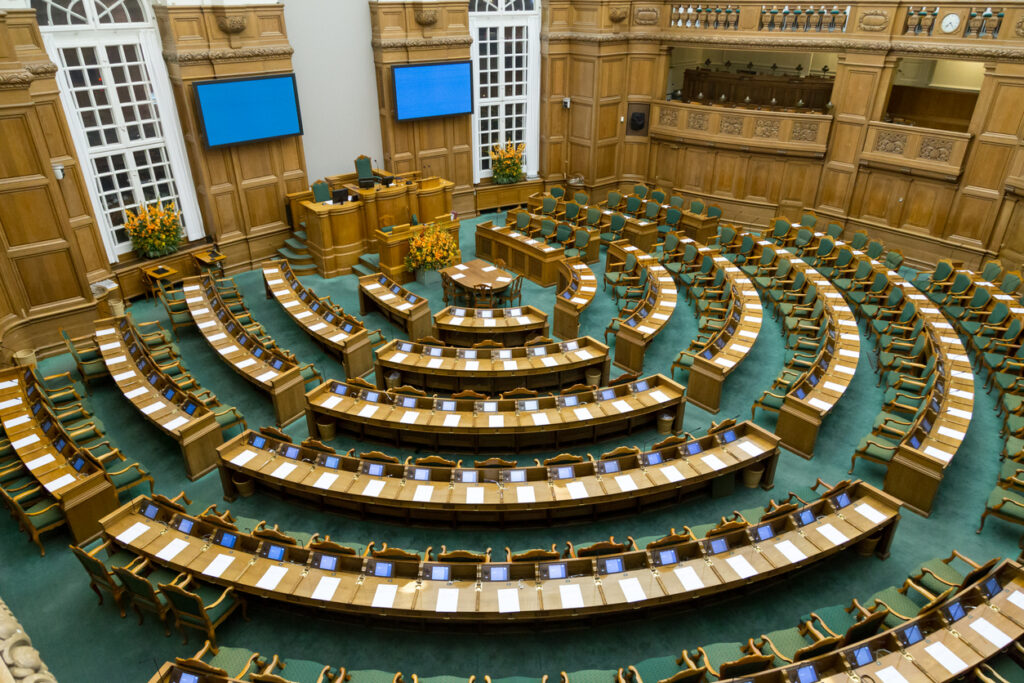Denmark is perceived as having one of the least corrupt public images in the world. However, it is now under fire for its complacency in tackling foreign bribery. A recent evaluation by the Organisation for Economic Co-operation and Development (OECD) reveals that Denmark has failed to act on key anti-corruption recommendations first issued two years ago, prompting renewed concern from international watchdogs and whistleblower advocates.
While successfully prosecuting two foreign bribery cases, Denmark demonstrates a languid and even dismissive approach. Not only were numerous cases terminated under the presumption that no criminal offence had been committed, but Denmark also went so far as to profess that a “comprehensive national strategy” to combat foreign bribery “may not be needed.”
According to an article by Washington, D.C.-based whistleblower law firm Kohn, Kohn & Colapinto, LLP (KKC), this attitude reflects a dangerous complacency. The OECD found that Denmark’s investigative tools are “underused,” and coordination between investigative and prosecutorial bodies remains “informal and ad hoc.” The report warns that such a hands-off approach undermines the nation’s ability to detect and punish corporate corruption.
Crumbling Whistleblower Protection
KKC echoed the OECD’s concerns over Denmark’s weak whistleblower protection laws. The OECD report criticized the country’s program for failing to meet the standards set forth by the Anti-Bribery Recommendation XXII. The report cited “loopholes” resulting from the limited definitions of retaliation and ambiguity regarding whether retaliation is punishable under Danish law.
Even more troubling, Danish officials maintain that the current whistleblower laws are sufficient. KKC contends that this stance is out of touch with global best practices and leaves whistleblowers in danger. The firm urges Denmark to pass effective whistleblower protections in line with the OECD standards to ensure accountability in cases of foreign bribery.
Hypocrisy Urging Acknowledgment
Denmark’s failure to implement reforms is especially remarkable given its recent history of major financial scandals. As Stephen M. Kohn, a founding partner at KKC, pointed out, “Denmark’s Danske Bank was involved in one of the largest money-laundering scandals in history.”
In just three major cases, Danish companies paid over $32 million in sanctions to the United States. These cases highlight the discrepancy between Denmark’s global reputation for integrity and its reluctance to pursue foreign bribery domestically.
The OECD’s 2025 follow-up report makes clear that Denmark’s current state does little to “alleviate” earlier concerns. Both the OECD and KKC are urging Danish authorities to acknowledge the hypocrisy of their position and take immediate steps to implement robust anti-corruption and whistleblower protections.
Until Denmark enforces the OECD’s recommendations and strengthens its anti-corruption enforcement, experts warn it risks eroding the credibility that once made it a global model for good governance.
